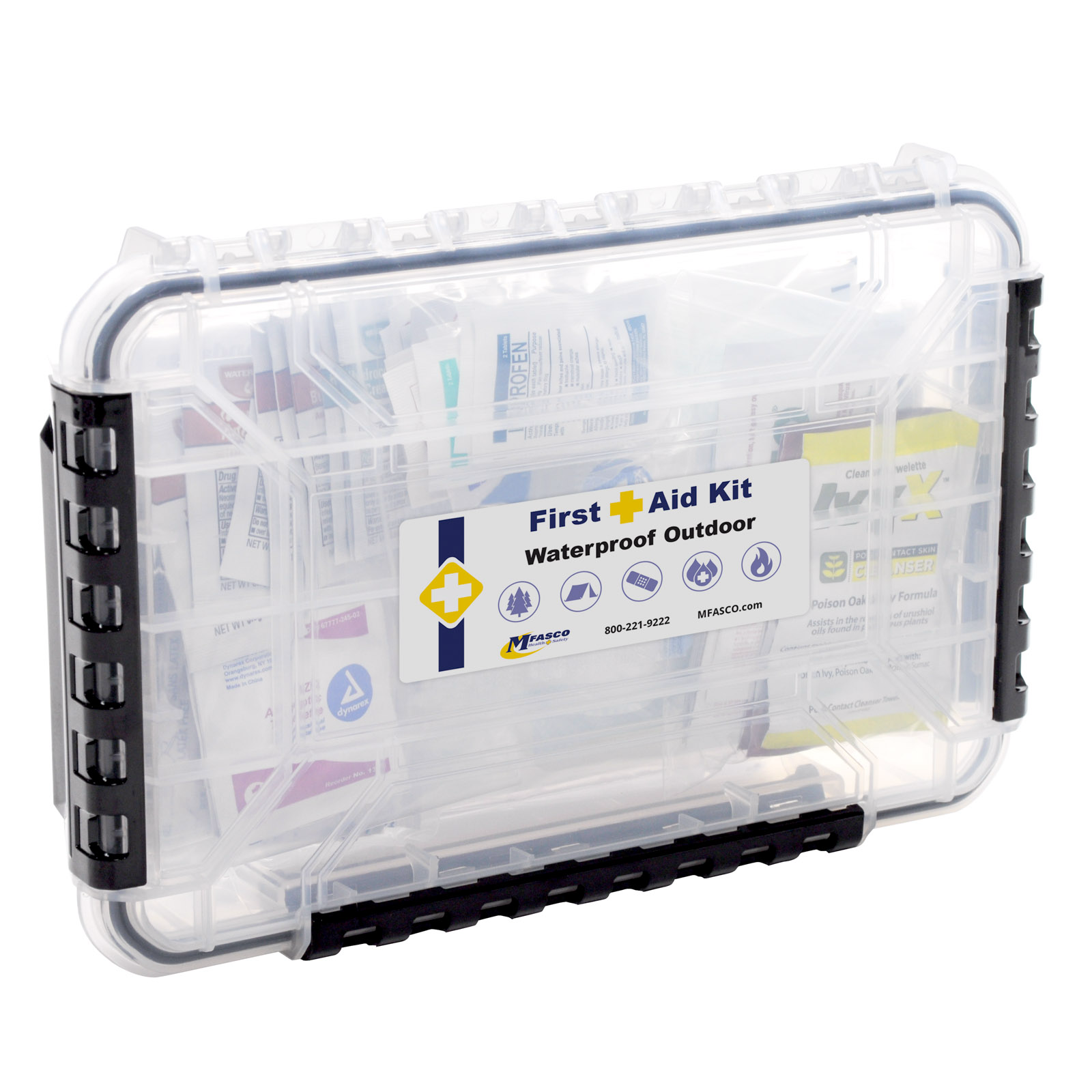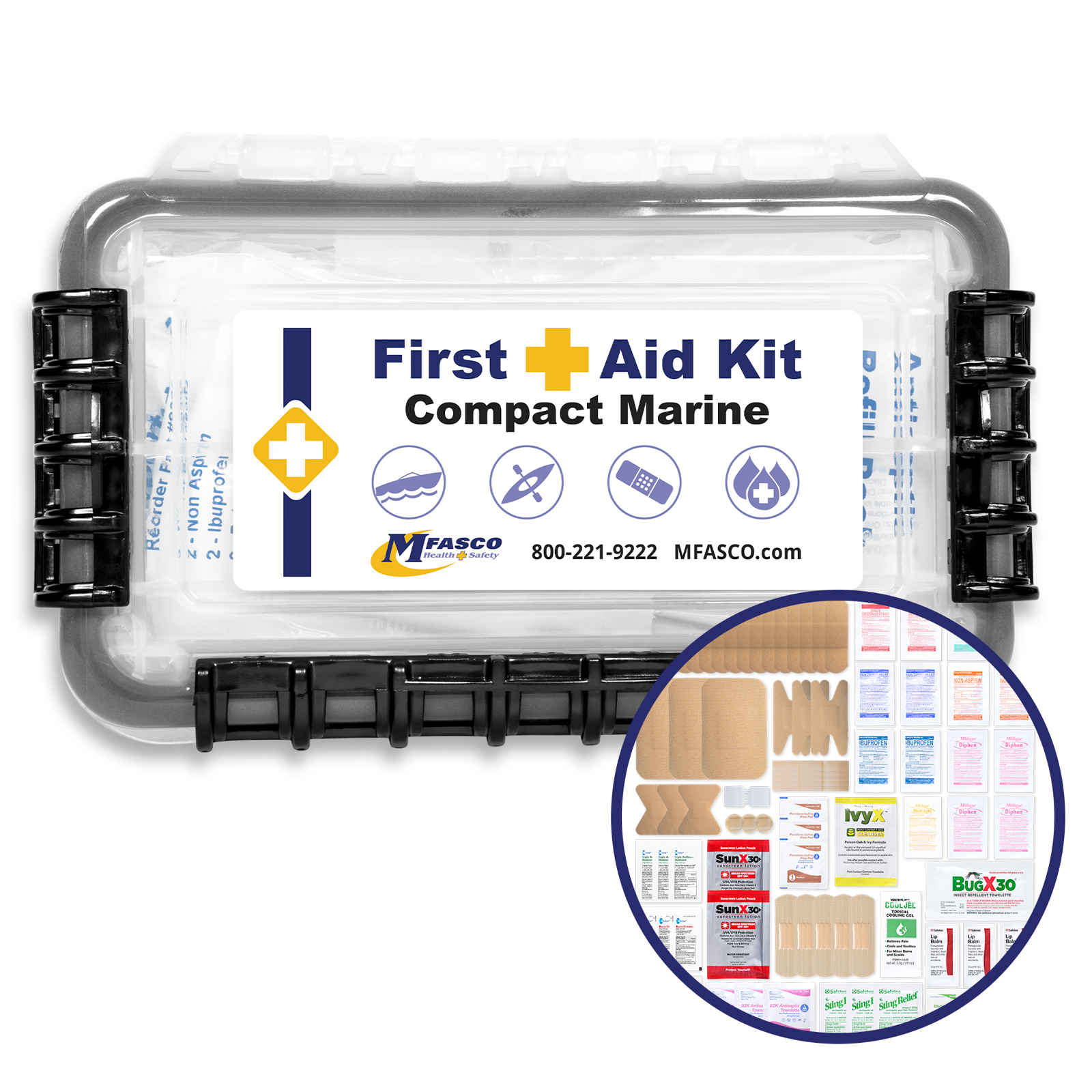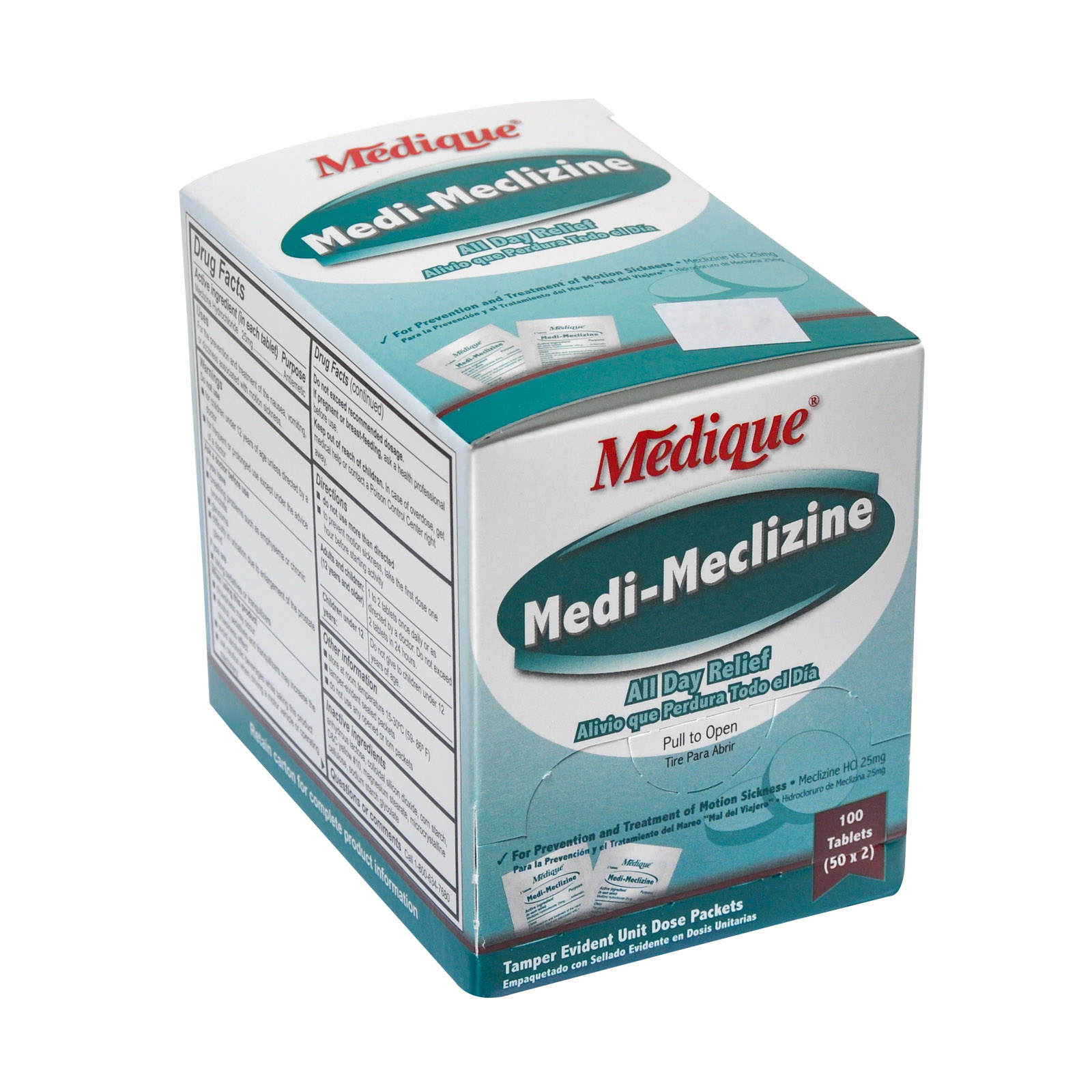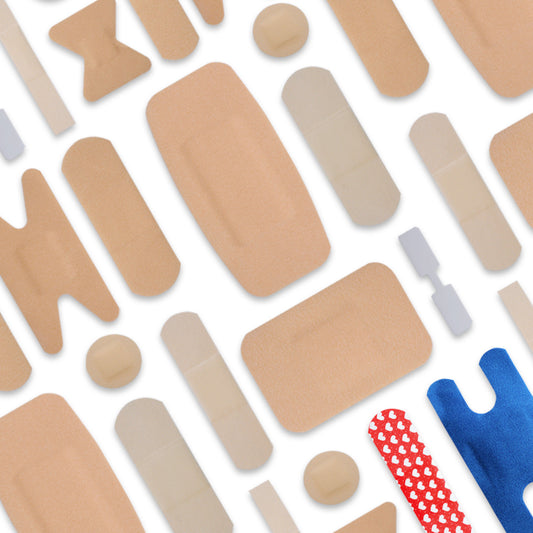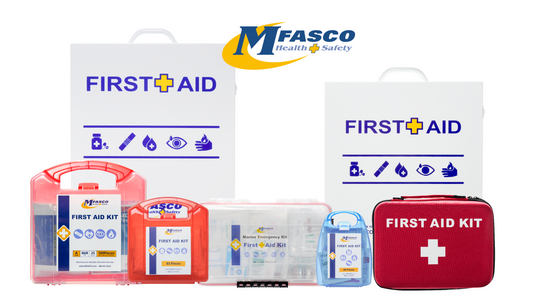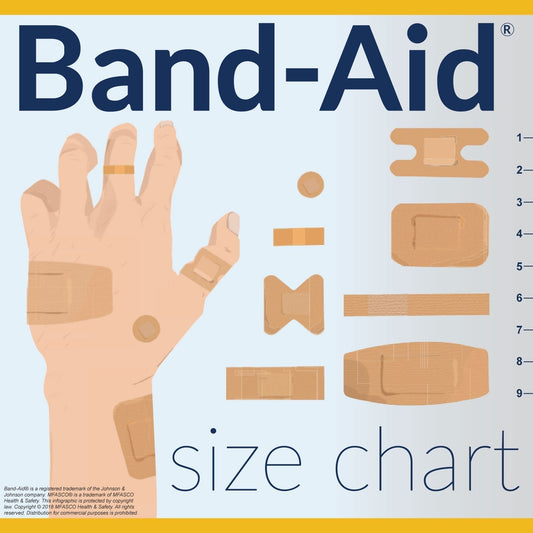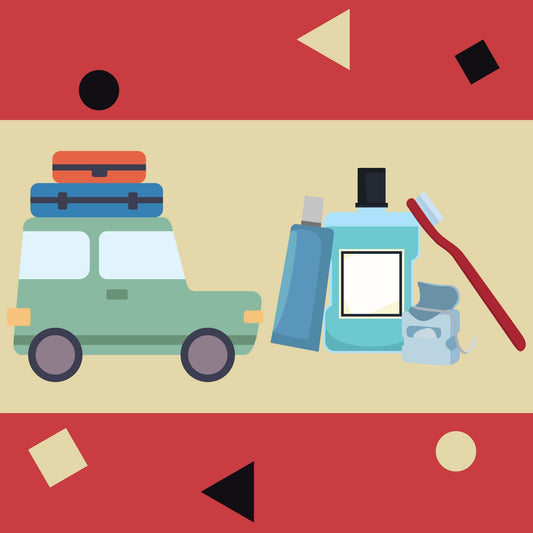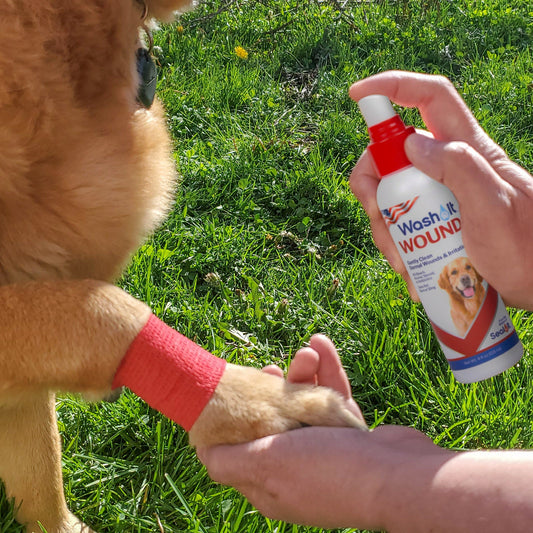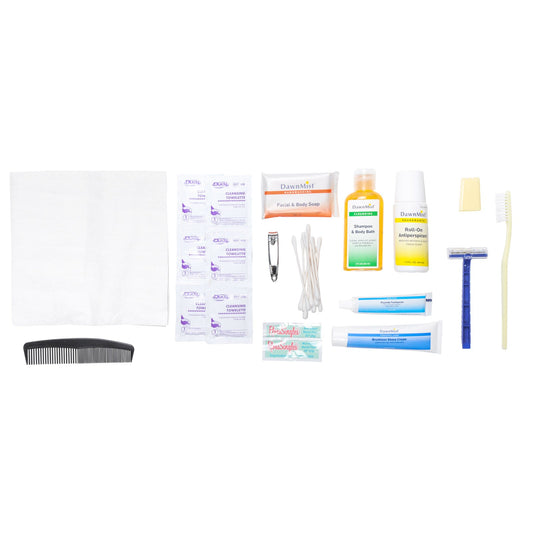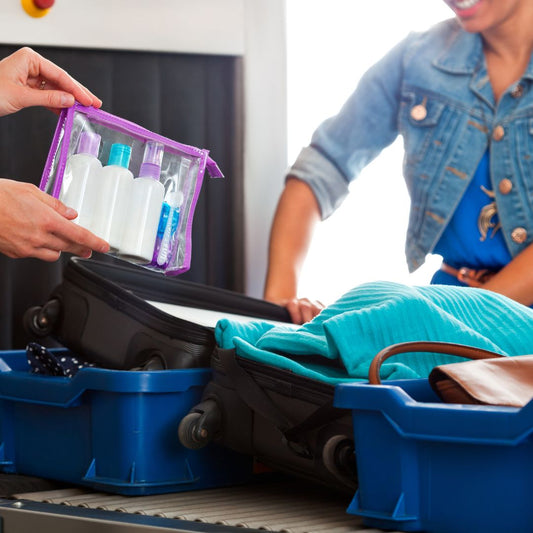What You Need to Know About Boating First Aid
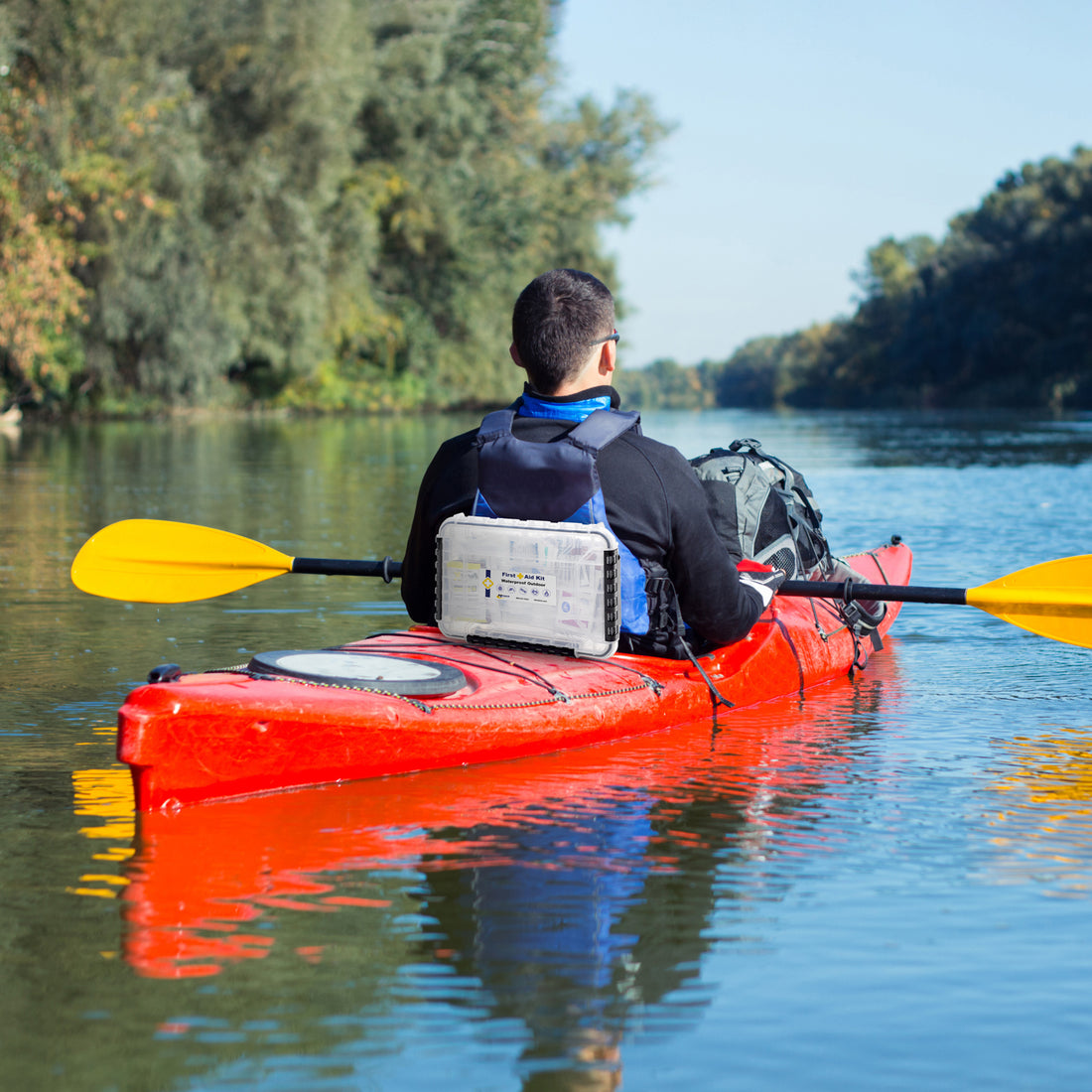
On a lake, ocean, or sea, boating is a popular summer activity. As with all outdoor sports, boating first aid is important for staying safe and having fun while riding on the lake. Out on the open water, you'll be away from immediate medical assistance, so you need to be prepared for any emergency on the vessel. If you're taking the family on a weekend boating trip or plan to be cruising along the waves all summer long, it's important to keep these first aid tips in mind:
Safety in numbers
One of the most important rules of boating is to never go out on the water alone. Since the potential for accidents is high with boating, always take a buddy along so you'll always have someone available to administer first aid. Even if you're just going for a short ride or plan on remaining stationary in the water, it's important to have at least one other person accompanying you and to let someone on land know you'll be on the water.
Wear a life jacket
If you're leading a boat outing, make sure that there are life vests available for each boater. All passengers under the age of 13 are required to wear a life jacket while on board a moving boat under federal regulations, according to BoatU.S. Foundation for Clean Water and Boating Safety. However, requirements for different ages vary by state, so check with your local laws before embarking on a water adventure.
 Wearing a life jacket can be the difference between life and death on a boat.
Wearing a life jacket can be the difference between life and death on a boat.
Head injuries
With all the tossing and turning on the waves, it's not unusual for a passenger to take a tumble. Even if that person doesn't get tossed overboard, falling while on the hard surfaces of a boat can result in serious head injuries.
If a passenger experiences a head injury, stabilize the upper body by placing your hands on either side of his or her head, advises the National Institutes of Health. This will help keep the injured victim's body steady while someone drives the boat back to shore. If that person is not breathing, you may need to deliver CPR.
Open wounds are common with head injuries, and cuts on the scalp tend to bleed profusely. Press firmly on the wound with a clean cloth from your first aid kit to stop the bleeding. However, if you suspect the skull has been fractured, do not put pressure on the wound. Just cover it with gauze until you reach professional medical help.
"Falling into cold water may result in hypothermia."
Hypothermia
In the earliest months of summer, water, especially larger bodies like lakes and oceans, has not had any time to warm up. Falling overboard into the cold water may result in hypothermia. If the victim is shaking uncontrollably due to freezing cold waters, you need to begin first aid right away. Remove the wet clothes and replace them with dry ones, wrap the victim in a warm sleeping bag, and apply heat packets to his or her body to help regulate the internal temperature.
Though these tips may help in an emergency, it's best to avoid accidents altogether. When driving the boat, pay attention to the task at hand, and make sure passengers are at a safe distance from the vessel's edge.
Water First Aid Products & Accessories
MFASCO's Make a Kit Tool
Marine First Aid Kits
Reorder Lists for First Aid Kits
Additional Resources for Reordering Water First Aid Kits & Supplies
Marine First Aid Kits for All Watersports Applications
What is in a First Aid Kit?
Essential First Aid Kit Supply List
Contributing Expert

Mike Brinker
Mike Brinker has been working in the first aid industry for over 35 years. He has worked with thousands of businesses,groups, and organizations to provide a healthy and safe work environment. Mike helped create “Make-A-Kit”, the internet's only online first aid kit creation tool. He has also authored many helpful first-aid and safety-related resource articles found at the MFASCO Learning Center.

